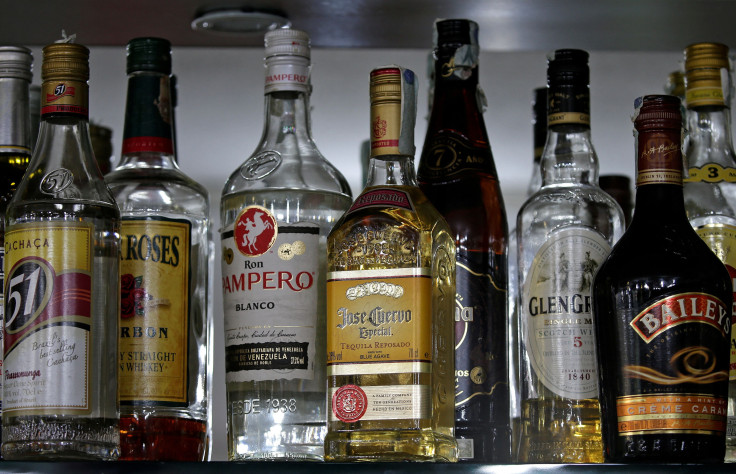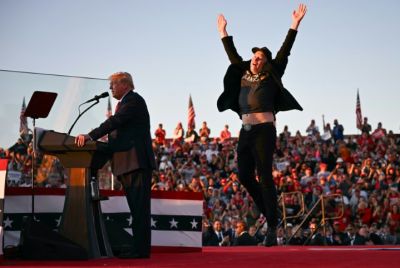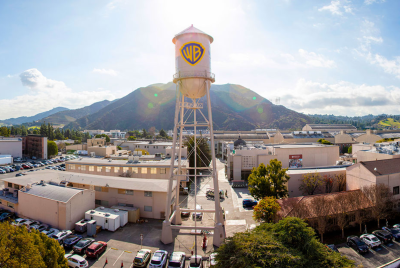Unexpected Surge in UK Inflation Poses Challenges for Bank of England's Monetary Policy
The United Kingdom experienced an unexpected rise in inflation to 4.0 per cent in December, marking the first increase in the past 10 months.

United Kingdom inflation soared to 4.0 per cent in December, marking the first increase in 10 months and complicating the timing of potential interest rate cuts by the Bank of England in the coming year.
The Office for National Statistics revealed that the annual inflation, measured by the consumer prices index, rose from the previous month's 3.9 per cent, defying predictions of a modest decline to 3.8 per cent.
The unexpected surge in inflation was primarily driven by significant increases in the costs of tobacco and alcohol.
Chancellor Jeremy Hunt's announcement of higher duty on tobacco in the autumn statement contributed to a staggering 16 per cent year-on-year increase in tobacco prices, while alcohol prices surged by 9.6 per cent. The combined impact of these rises resulted in the highest contribution to inflation since 2006, posing challenges for policymakers.
City investors responded to the inflation data by speculating that persistently high inflation levels might prompt the Bank of England to maintain interest rates at their current levels for a more extended period than initially anticipated. This speculation led to a rise in the pound on global currency markets.
Grant Fitzner, the chief economist at the ONS, explained that the increases in tobacco and alcohol prices were partially offset by falling food inflation. While food prices continued to rise, the rate was much lower than the previous year.
Additionally, factory goods prices remained stable, and the costs of raw materials were lower than the previous year.
Core inflation, excluding volatile items such as energy, food, alcohol and tobacco, remained unexpectedly unchanged at 5.1 per cent. This development is closely watched by the Bank of England, especially as it approaches its next rate decision on February 1.
Meanwhile, services inflation experienced a slight increase from 6.1 per cent to 6.2 per cent.
Motor fuel prices saw a decline of 10.8 per cent in the year to December, compared to a 10.6 per cent decline in the year to November. This drop was attributed to an approximately 8p per litre decrease in petrol and diesel prices during the month.
The December inflation figures are expected to impact mobile phone and broadband operators in the UK, as some of them plan to increase prices this spring. This move comes ahead of a ban by the telecoms regulator Ofcom on firms imposing inflation-linked rises in the middle of a contract.
With most operators adding 3.9 percentage points on top of inflation, consumers could face an overall increase of nearly eight per cent.
Despite the small increase in the headline inflation rate, there is optimism that inflation is still on track to fall below the Bank of England's two per cent target by spring. However, economists caution against expecting a smooth decline, pointing to potential disruptions caused by geopolitical tensions and shipping issues in the Red Sea.
Concerns are growing over the impact of geopolitical tensions and disruptions to shipping in the Red Sea on inflation. Sarah Coles, the head of personal finance at Hargreaves Lansdown, warns of potential supply shortages that could further drive up prices, posing a significant risk to the economy.
Inflation reaching 4 per cent in December allows PM Rishi Sunak to claim success in achieving his top economic priority for 2023. Sunak had pledged to halve the inflation rate by the end of the year when it was above 10 per cent. While most economists had anticipated a significant drop, inflation has proven more persistent than initially expected.
Comparatively, Eurozone inflation rose to 2.9 per cent in December, and US inflation increased to 3.4 per cent. Chancellor Jeremy Hunt highlighted the success of the UK's economic plan, emphasising the need to stay the course with competitive tax levels to boost growth.
Hunt, said: "As we have seen in the US, France and Germany, inflation does not fall in a straight line, but our plan is working and we should stick to it.... including boosting growth with more competitive tax levels."
However, Labour's shadow chancellor, Rachel Reeves, expressed concerns about the rising cost of living, stating that prices in shops are still on the rise. She criticised Sunak's tax plan, claiming that the average family is set to be £1,200 worse off under his policies.
She said: "Prices are still rising in the shops, with the average weekly shop £110 more than it was before the last general election, and the average family set to be £1,200 worse off under Rishi Sunak's tax plan."
As the Bank of England navigates the complex landscape of rising inflation, shifting global economic conditions and domestic policy challenges, the timing and magnitude of potential interest rate adjustments will continue to be closely monitored by investors, policymakers and the public alike.
© Copyright IBTimes 2025. All rights reserved.






















